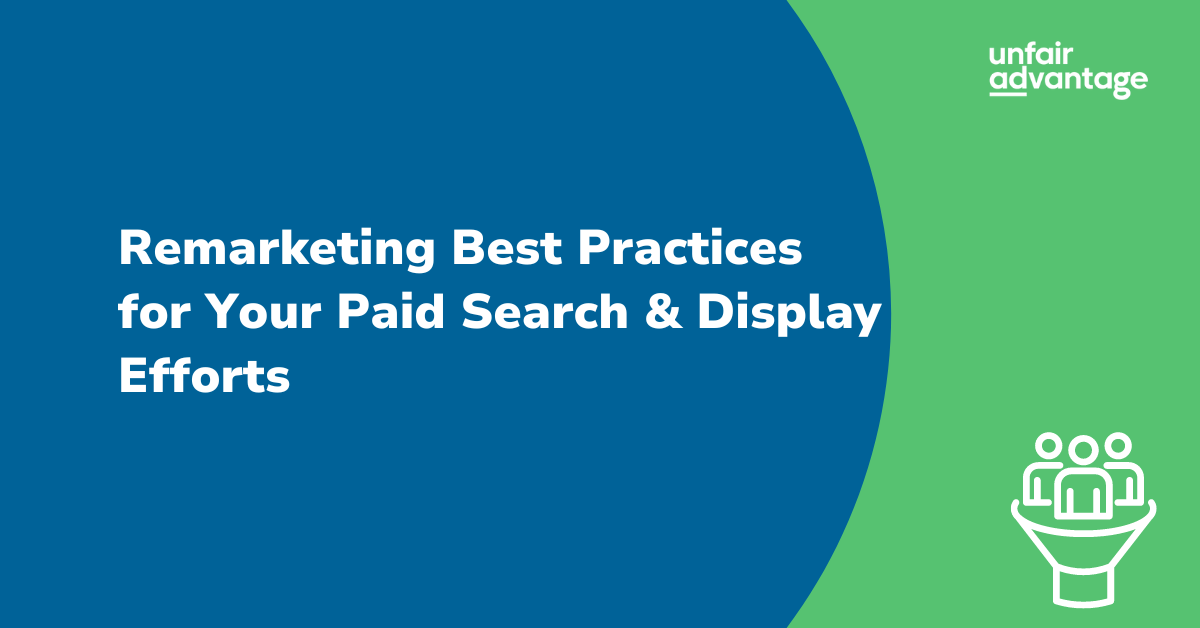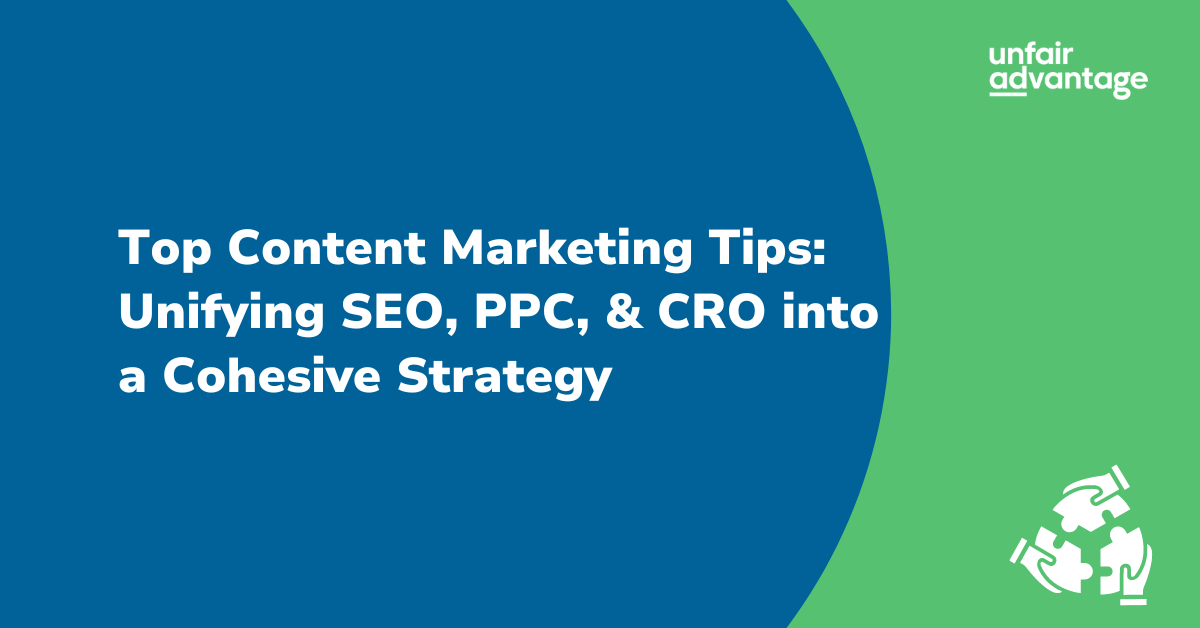
Digital Marketing Glossary
Navigating the intricate world of digital marketing is easier when you know the specific terms and concepts used by online marketers. This glossary is your reliable compass, guiding you through the diverse and ever-evolving landscape of online marketing and SEO strategy. Each term is a key, essential for unlocking increased online visibility and enhanced engagement with your target audience. Your journey towards more robust and result-driven digital marketing strategies begins here, ensuring your brand stands tall and steadfast in the complex digital arena.
Dive into the glossary and arm yourself with the insights and understanding needed to navigate the digital marketing realm confidently and effectively.
A B C D E F G H I J K L M N O P Q R S T U V W X Y Z
A/B Testing
A method of comparing two versions of a web page or app against each other to determine which one performs better in terms of converting visitors.
ABT (Always Be Testing)
A mindset and strategy in digital marketing and website optimization where marketers continuously test different aspects of their campaigns and websites to improve performance and user experience. This approach involves various methods such as A/B testing, multivariate testing, and user testing to make informed decisions based on data, ultimately leading to better conversion rates, higher user satisfaction, and improved overall performance.
Affiliate Marketing
A type of performance-based marketing where a business rewards affiliates for each customer brought by the affiliate’s marketing efforts.
Alt Text
A description of an image in a webpage that is embedded in the HTML code and helps search engines understand the content of the image.
Analytics
The process of collecting and analyzing data about web traffic and user behavior to make informed decisions regarding online marketing efforts.
Banner Ads
Visual advertisements displayed on websites. They can be static or animated and are often used to generate traffic to a website by linking to it.
Bounce Rate
The percentage of visitors to a particular website who navigate away from the site after viewing only one page.
Content Marketing
A marketing technique of creating and distributing valuable, relevant, and consistent content (which can include blog posts, newsletters, videos, podcasts, and much more) to attract and acquire a clearly defined audience, with the objective of driving profitable customer action.
CPC
CPC, or cost-per-click, is the amount paid by an advertiser when a user clicks on their online ad. CPC is the foundational cost in online advertising and varies widely depending on the keyword, industry, competition, and many other factors.
CRO (Conversion Rate Optimization)
The process of increasing the percentage of visitors to a website that convert into customers or take a desired conversion action on a webpage. Lifting conversion rate by what seems to be a small amount can have a large impact on ROAS, revenue, and other marketing goals.
CTA (Call-To-Action)
The specific button, hook, or action that you want a user to click on as the incentive. For example, “Subscribe & Save Now” or “Shop Now.” CTAs are crucial for guiding users towards actions you want them to take on your website or in advertisements.
CTR (Click-Through Rate)
The ratio of users who click on a specific link to the total number of users who view a page, email, or advertisement. Search engines reward advertisements with a higher CTR because they make money on a cost-per-click basis.
CVR (Conversion Rate)
The rate of conversions from clicks on your advertisements. Ex: 1 lead/purchase from 10 ad clicks would yield a 10% CVR.
Geotargeting
The practice of delivering content or advertisements to consumers based on their geographic location.
Impression Share
The ratio of impressions you received divided by the number of total impressions you could have received. If the search query “running shoes” has 1M monthly impressions and you received 100k impressions, your Impression Share would be 10%.
Influencer Marketing
A form of marketing in which focus is placed on influential people rather than the target market as a whole on social media.
Keyword
A specific term used in search engine optimization (SEO) to increase a webpage’s visibility on search engine results pages (SERPs). In PPC, a keyword is the foundational level where you place a bid to show up above organic listings on the SERPs.
Keyword Research
The act of finding keywords pertaining to your business product/service offering and utilizing them for search engines and advertising platforms to crawl so that users can find your business.
KPI (Key Performance Indicator)
A measurable value that demonstrates how effectively a company is achieving key business objectives. Common KPIs for digital marketing include CPC, CVR, and ROAS in addition to such goals as leads and revenue generated.
Landing Page
A standalone web page, created specifically for a marketing or advertising campaign, where a visitor “lands” after clicking on a link in an email, or ads from Google, Bing, YouTube, Facebook, Instagram, Twitter, or similar places on the web.
Lookalike Audience
A type of audience created by online advertising platforms, where a business can target new customers who are similar in behavior and characteristics to their existing customers.
Meta Description
A brief description of the content of a webpage that appears in search engine results pages (SERPs). This helps site crawlers find content on your site that might match a user’s search intent and thereby serve them better information.
Organic Social
Refers to the use of the free services and tools that social media platforms provide to all users to build a social community and interact with it.
Paid Social
Involves paying to advertise on social media platforms, typically by promoting content, boosting posts, or creating ads. This would include platforms and channels such as Meta, TikTok, LinkedIn, Snapchat, Spotify, etc.
PPC (Pay-Per-Click)
A model of internet marketing in which advertisers pay a fee each time one of their ads is clicked. It is often used to define all of Paid Media (Paid Social, Programmatic, Display, Video, etc.), but is most specifically associated with Paid Search campaigns.
Quality Score
A metric used by various search engine advertising platforms (like Google Ads) to determine the relevance and quality of your keywords, landing pages, and PPC ads. A high Quality Score indicates that your keyword, ad, and landing page are all relevant and useful to a person looking at your ad. Search engines like Google may reward high quality score advertisers with lower CPCs.
Responsive Display Ads
Ads that automatically adjust their size, appearance, and format to fit available ad spaces.
Retargeting (or Remarketing)
Online advertising that helps brands to target users who have previously visited their website or interacted with their business through newsletter, outreach, events, etc. It often uses cookies to follow users around the web and serve ads to them on different platforms.
ROAS (Return on Advertising Spend)
A marketing metric that measures the revenue earned per dollar spent on advertising. For example, $30 in revenue from $10 in ad spend would yield a 3.0 or 300% ROAS.
SEO (Search Engine Optimization)
The practice of increasing the quantity and quality of traffic to your website through organic search engine results.
SERP (Search Engine Results Page)
The page displayed by a search engine in response to a query by a searcher – your standard Google results page.
Social Proof
Client testimonials, brand accreditation, awards, years in service, etc. In digital marketing, it is used to increase conversions by showing proof that others are buying and enjoying a product or service.
UX (User Experience)
The overall experience of a person using a product such as a website or computer application, especially in terms of how easy or pleasing it is to use overall and how easily users can find what they’re looking for on the site.
Contact us to learn more about how these terms play a crucial role in digital marketing and how understanding and effectively using them can contribute to your business success in the digital marketing world.
This glossary provides a fundamental understanding and insight into the jargon used in the digital marketing space. It’s crucial to be familiar with these terms to better interpret the strategies, reports, and discussions in the digital marketing world. Whether you’re optimizing your site for search engines (SEO), running paid ads (PPC), or analyzing web traffic (Analytics), these terms will be a part of the process.

